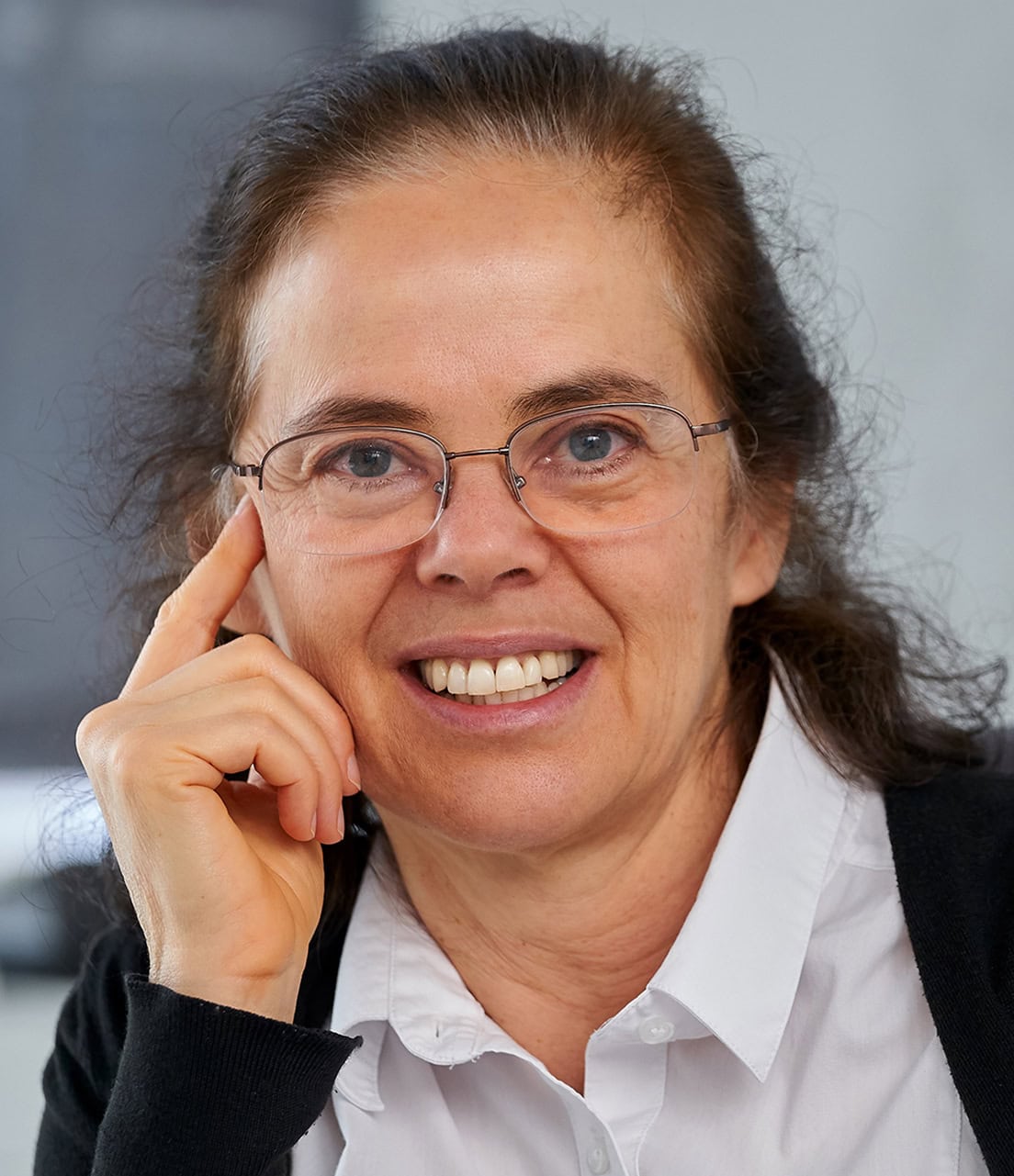Biosketch
Éva Tardos is the Jacob Gould Schurman Professor of Computer Science at Cornell University. She is a theoretical computer scientist working on algorithms and game theory. She is most known for her work on network-flow algorithms, approximation algorithms, and quantifying the efficiency of selfish routing. Tardos was born in Budapest, Hungary in 1957. She grew up in Budapest, graduated from Eötvos University in Budapest, Hungary with a degree in mathematics, and received a doctorate from Eötvos University in 1984. After postdoctoral fellowships and visiting positions at the University of Bonn, the Mathematical Sciences Research Institute in Berkeley, at Eötvös University, and MIT, Tardos joined the faculty at Cornell in 1989, where she has served as chair of the Department of Computer Science 2006-2010. She has been elected to the National Academy of Engineering, the National Academy of Sciences, the American Academy of Arts and Sciences, is an external member of the Hungarian Academy of Sciences, and is the recipient of a number of fellowships and awards including the Packard Fellowship, the Goedel Prize, Dantzig Prize, Fulkerson Prize, and the IEEE Technical Achievement Award.
Research Interests
I am a theoretical computer scientist working on algorithms, game theory, and networks. In recent years, I have focused on the interface of algorithms and game theory. With the emergence of large and complex networks such as the Web or the Internet there is increasing need to analyze and design systems used by diverse and self-interested set of users. The focus of my work has been to design efficient algorithms, that find optimal or close to optimal solutions to problems motivated by a variety of applications ranging from transportation, social networks, and vision. My work in game theory is aimed at analyzing the outcomes of selfish behavior in networks, markets and other complex selfish systems, quantifying the efficiency loss due to the selfish behavior of the participant, and designing systems where selfish behavior results in close to optimal outcomes.
Membership Type
Member
Election Year
2013
Primary Section
Section 34: Computer and Information Sciences
Secondary Section
Section 11: Mathematics
